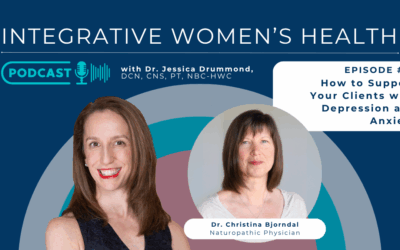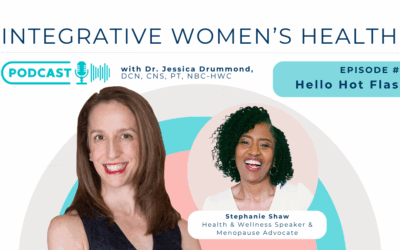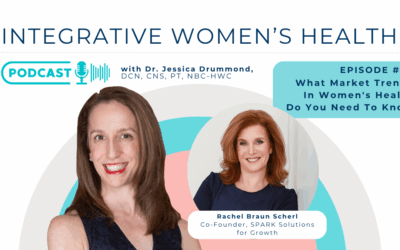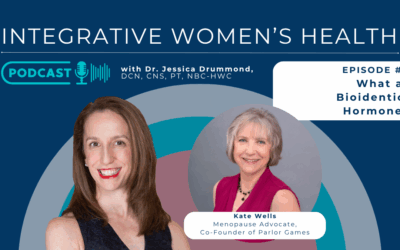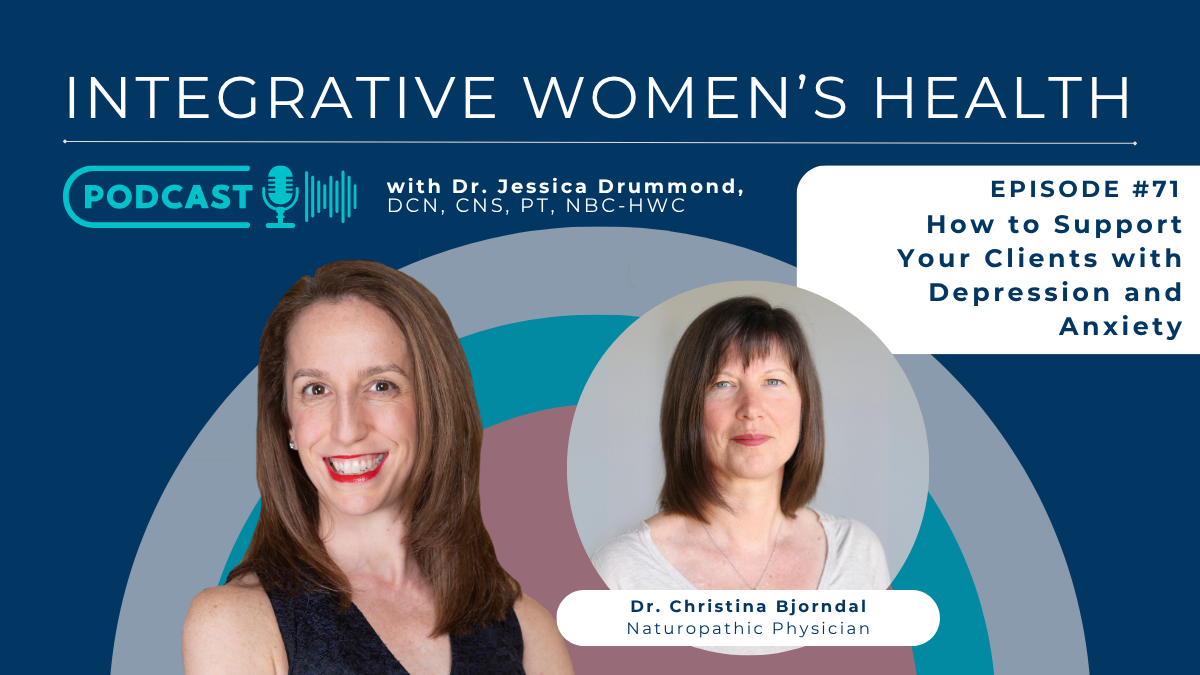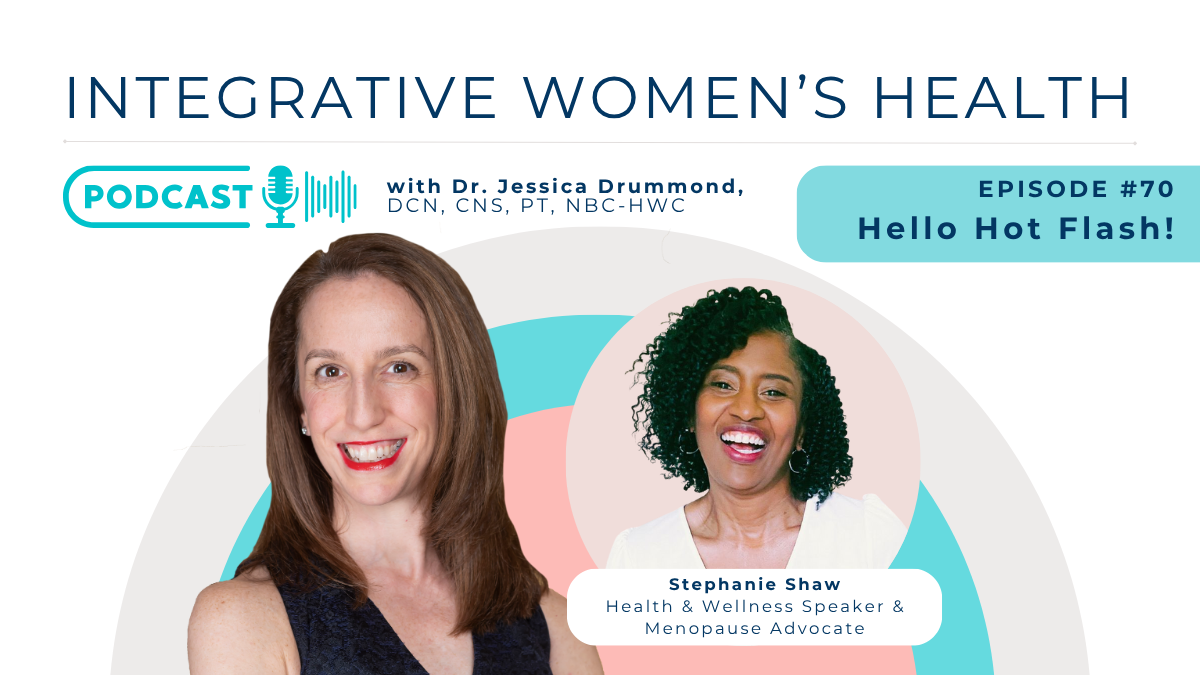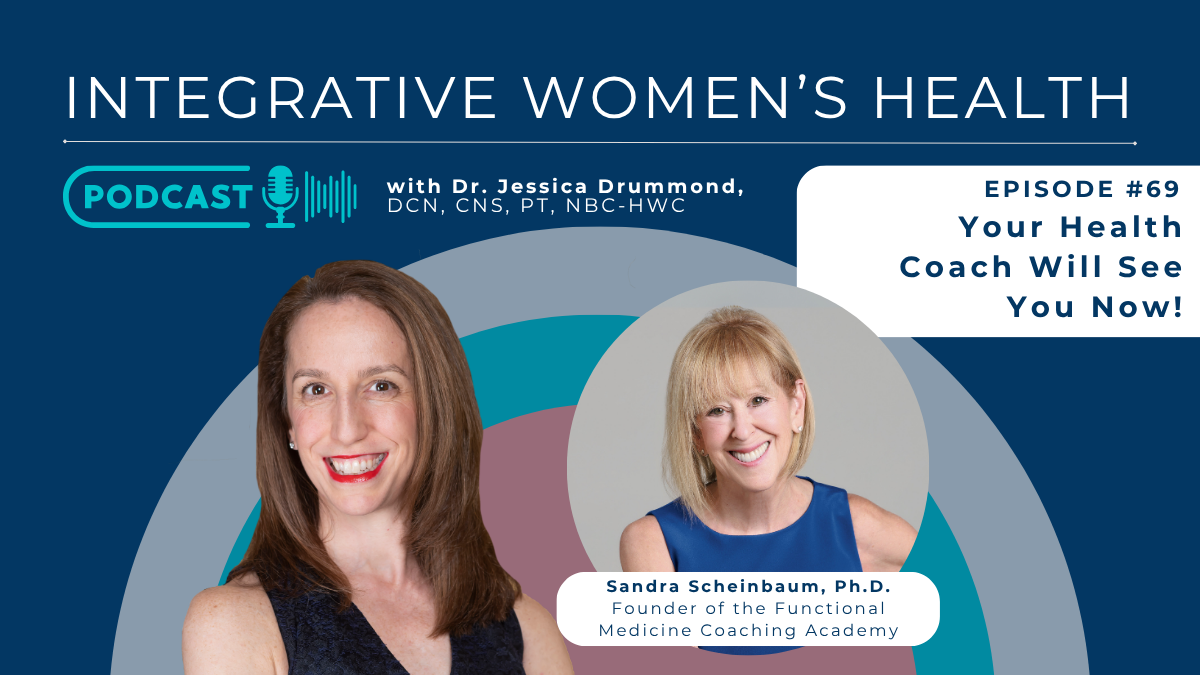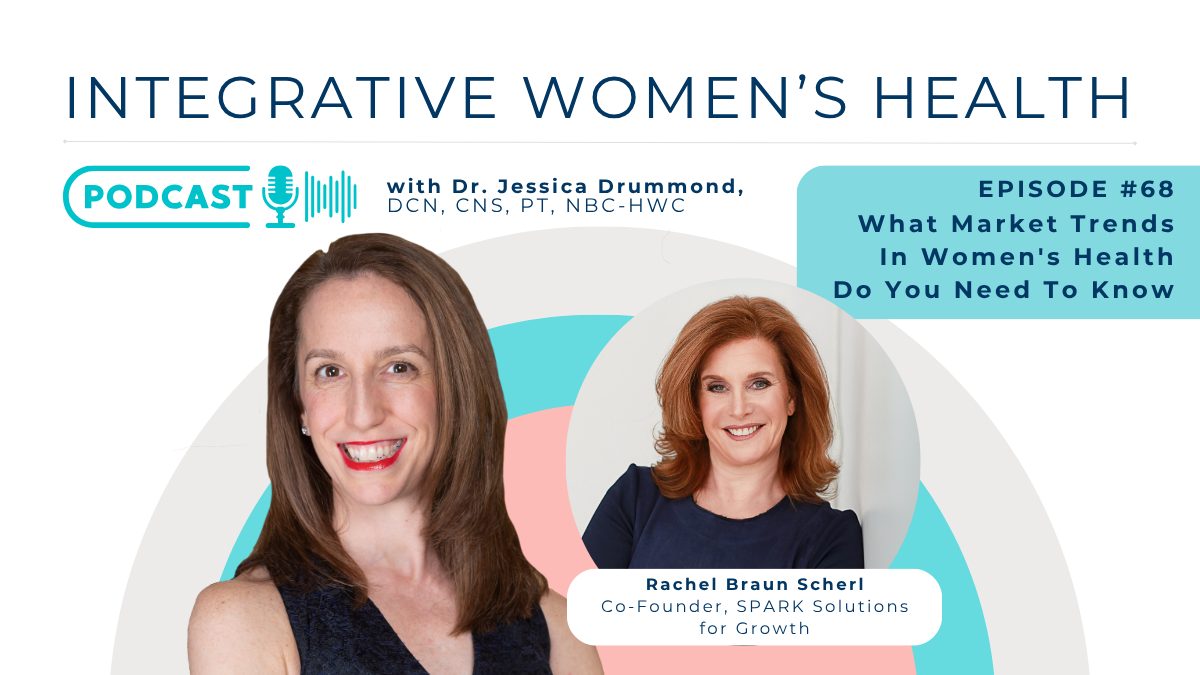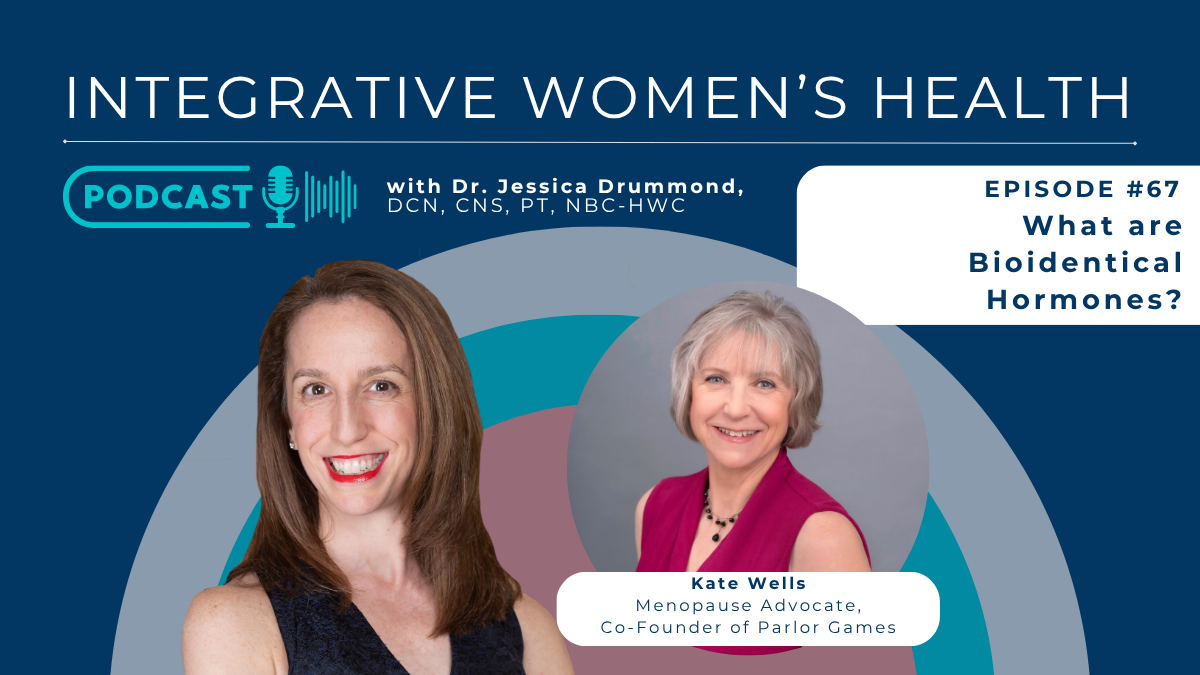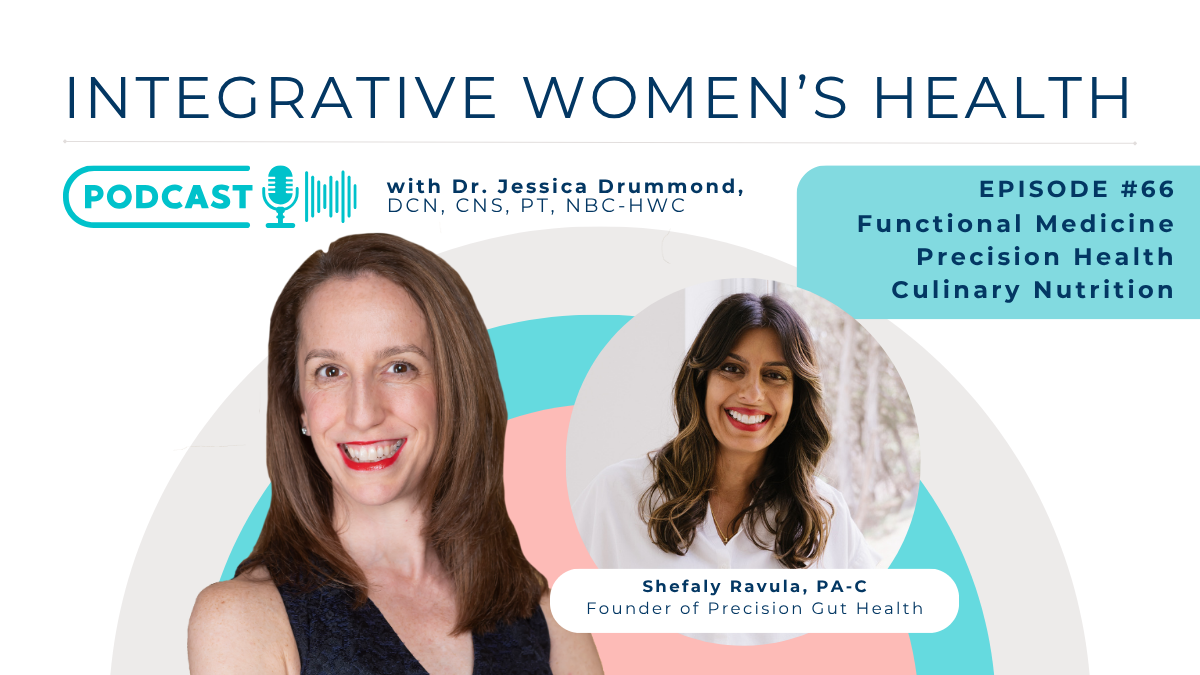Can you reduce your brain age?
New research says, “Yes!”
Two recently published research articles have given millions of women with mild cognitive impairments, forgetfulness, memory issues, brain fog, or even more advanced dementia hope for improvement of their brain function, memory, and cognitive sharpness for decades to come.
Initially research on Alzheimer’s and other forms of dementia was focused on finding a one-size-fits-all pharmaceutical solution to heal the brain and reverse dementia.
Unfortunately, much of that research failed to find any effective solutions.
But, in 2022, 2 groups of researchers published successful pilot studies using a personalized, functional nutrition approach to brain health.
These studies used a comprehensive assessment to personalize nutrition, supplement, and healthy lifestyle recommendations individually implemented with the support of skilled health coaches.
Ready to Add Biological Age Testing to Your Practice?
Your clients want to know how old they really are. Don’t you?
Testing Chronological Age vs. Biological Age: A Guide for Women’s Health Professionals
Download this FREE guide to and dive deep into the science of chronological and biological age testing and how it can revolutionize how you work with clients.
The assessments included:
- Insulin sensitivity testing
- Cholesterol, triglyceride and other lipid testing
- Inflammation testing
- Testing for viral, bacterial or other chronic pathogenic infections
- Assessment of cerebral blood flow, and energy (including ketone availability in the brain and mitochondrial function systemicalls)
- Autoimmune testing
- Hormone testing
- And, assessment of toxic load (such as heavy metals and mycotoxins)
Once each subject’s individual weaknesses were identified on the functional assessment, a personalized suite of recommendations was offered to each subject individually.
These recommendations included a comprehensive combination of the following:
Each subject was coached to implement a plant-rich, high-fiber (soluble and insoluble), mildly ketogenic diet, high in leafy greens and other non-starchy vegetables (raw and cooked), high in unsaturated fats, low in glycemic load, with a fasting period of 12–16 hours each night.
Organic produce, wild-caught low-mercury fish (salmon, mackerel, anchovies, sardines, and herring), and modest consumption of pastured eggs and meats were encouraged, as well as avoidance of processed food, simple carbohydrates, gluten-containing foods, and dairy.
Blood ketone levels were monitored with fingerstick ketone meters, with a goal of 1.0–4.0 mM beta-hydroxybutyrate.
Each subject was also given personalized exercise recommendations which included both aerobic and strength training.
Strength training was generally recommended at least twice a week, with 6-7 days per week recommended for aerobic exercise, including high intensity interval exercises at least twice weekly.
Subjects were also supported with sleep hygiene and nutraceutical support, and sleep apnea assessment and treatment. The goal for each subject was to achieve at least 7 hours per night of high quality sleep.
Heart rate variability (HRV) was used to measure stress levels. Then, each subject was educated on how to use HRV tools for consistent daily relaxation and stress management exercise and recovery strategies.
Subjects also used a gaming platform, Brain HQ, for cognitive brain training for a minimum of 15 minutes daily.


Some of the individualized testing revealed that some clients had one or more of the following:
- Chronic viral, bacterial or other pathogenic infections.
- Chronic inflammation
- Autoimmunity
- Low hormone levels
- Low micronutrient levels
- Digestive dysfunction
- Gut dysbiosis
- Toxicity associated with metals (e.g., mercury or lead), organic pollutants (e.g., benzene, phthalates, or organophosphate insecticides), or biotoxins (e.g., trichothecenes, ochratoxin A, or gliotoxin)
When these various systemic challenges were identified on their individual assessments, subjects were also supported with personalized combinations of functional nutrition therapies, including micronutrients, pro-resolving mediators, herbs, enzymes, nootropics, binders, and saunas, and medical therapies such as hormone replacement therapies as needed based on their individualized testing.
Fasting strategies including intermittent fasting and fasting mimicking diets were also used to reduce inflammation and support immune system health for many clients with persistent chronic inflammation.
These studies affirm that reversing cognitive decline in early dementia is possible with a personalized functional nutrition and lifestyle protocol, with the support of individualized medical therapies.
While these strategies take effort and support of highly skilled medical teams, nutritionists, and health coaches, the reality is it’s becoming more and more accessible to reduce your Brain Age!
For women in their 40’s, 50’s, 60’s, and 70’s, now is the time to take action to optimize brain and cognitive health to reverse mild cognitive impairments and stave off dementia for decades to come.
Do your clients want healthy, sharp, energetic brains into their 9th and 10th decades of life… now’s the time to start!
Ready to learn even more about brain health as we age?
Learn more about our BRAND NEW program, The Longevity Formula: Advanced Menopausal Health Certificate Program.
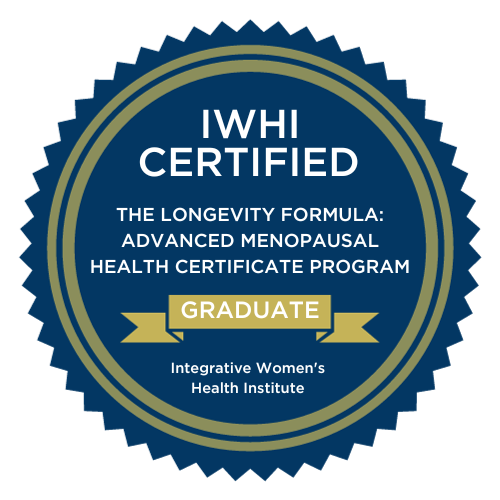
BECOME A LONGEVITY & ADVANCED MENOPAUSAL HEALTH EXPERT IN 6 MONTHS!
This BRAND NEW groundbreaking course will revolutionize the way you approach the care of clients who are age 40 and over.
Fast-track to becoming a specialized expert in the multifaceted journey of aging and longevity. In only 6 months, discover strategies that ensure a healthier and more youthful aging process.
References:
Sandison, H., Callan, N. G. L., Rao, R. V., Phipps, J., & Bradley, R. (2023). Observed Improvement in Cognition During a Personalized Lifestyle Intervention in People with Cognitive Decline. Journal of Alzheimer’s disease : JAD, 94(3), 993–1004. https://doi.org/10.3233/JAD-230004
Toups, K., Hathaway, A., Gordon, D., Chung, H., Raji, C., Boyd, A., Hill, B. D., Hausman-Cohen, S., Attarha, M., Chwa, W. J., Jarrett, M., & Bredesen, D. E. (2022). Precision Medicine Approach to Alzheimer’s Disease: Successful Pilot Project. Journal of Alzheimer’s disease : JAD, 88(4), 1411–1421. https://doi.org/10.3233/JAD-215707

Founder & CEO
Dr. Jessica Drummond,
DCN, CNS, PT, NBC-HWC
Dr. Jessica Drummond, DCN, CNS, PT, NBC-HWC, is the founder and CEO of The Integrative Women’s Health Institute, The Outsmart Endo Health Coaching Program, and the creator of the Women's Health Coach Certification.
She is passionate about caring for and empowering people who struggle with women’s and pelvic health concerns. She is equally passionate about educating and supporting clinicians and wellness professionals in confidently and safely using integrative tools to transform women’s and pelvic healthcare.
Dr. Drummond has two decades of clinical experience as a licensed physical therapist, licensed clinical nutritionist, and board certified health coach working with women with pelvic pain, including endometriosis, vulvodynia, and bladder pain syndrome. She brings a unique, conservative, and integrative approach to supporting women to overcome hormonal imbalances, and chronic pain conditions.
She is a sought after international speaker on topics such as integrative pelvic pain management, natural fertility options, optimal hormone health, menopause, and female athlete nutrition. Dr. Drummond was educated at the University of Virginia, Emory University, Duke Integrative Medicine, and Maryland University of Integrative Health.
Read Related Posts from The Integrative Women's Health Institute Blog:
Download The WHC Program Guide!
Enter your information to download your copy The Women’s Health Coach Certification Program guide.
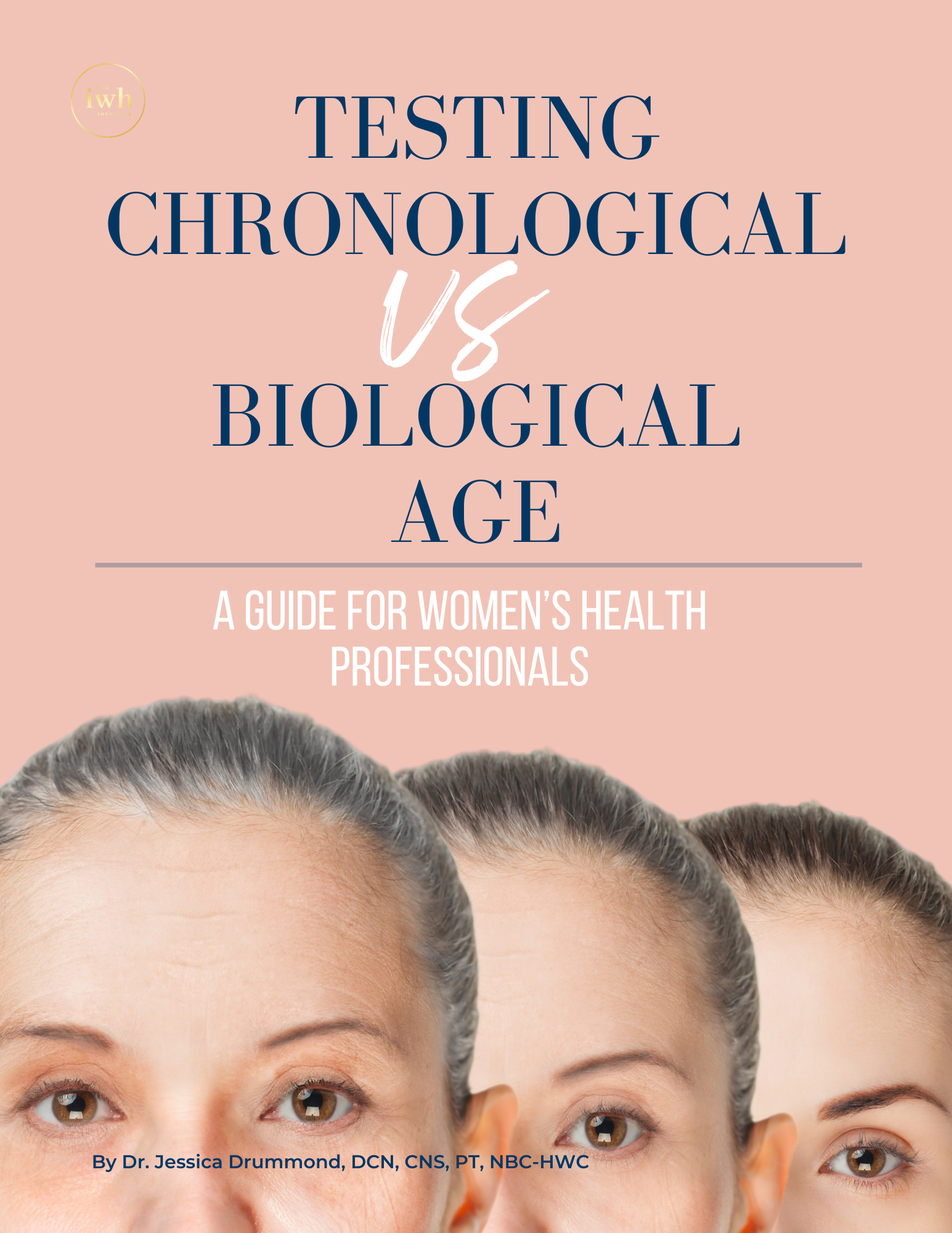
Download your free copy of the Testing Chronological vs. Biological Age eBook!

